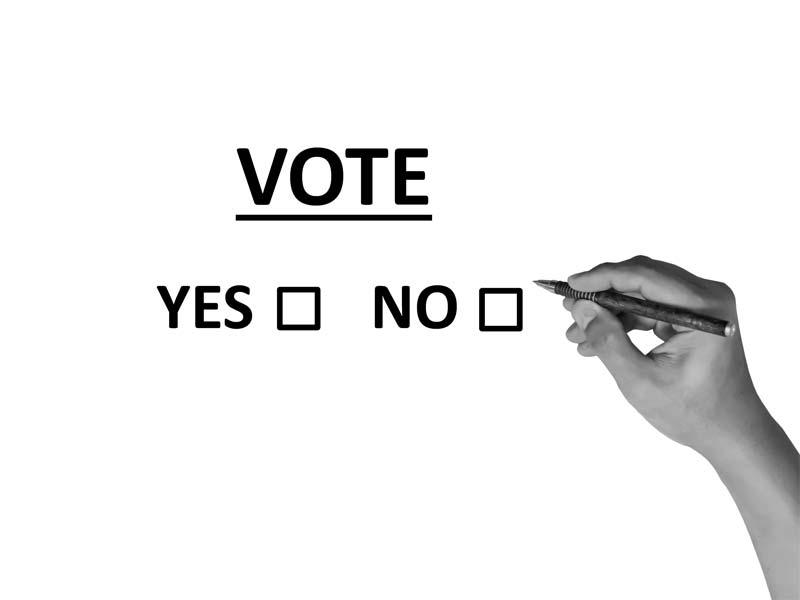
403
Sorry!!
Error! We're sorry, but the page you were looking for doesn't exist.
South Africa embarks on its most fiercely contested election
(MENAFN) As South Africa embarks on what is anticipated to be its most fiercely contested election since the dismantling of Apartheid three decades ago, voting has commenced across the nation for new members of the National Assembly and regional parliaments. The Independent Electoral Commission (IEC) officially opened polling stations early Wednesday, inviting approximately 28 million eligible voters to exercise their democratic right.
With more than 50 registered political parties vying for seats, including new entrants such as the uMkhonto we Sizwe (MK) party led by former President Jacob Zuma, the electoral landscape reflects a diverse array of voices seeking representation. Notably, the Democratic Alliance (DA), South Africa's largest opposition party, has formed alliances with smaller parties in an ambitious bid to broaden its appeal and challenge the ruling coalition.
However, the DA's tactics have not escaped criticism, with accusations leveled against the party of perpetuating white privilege in a nation where the majority of the population is black. Despite these allegations, DA leader John Steenhuisen has vehemently denied any impropriety, underscoring the complexities surrounding race and representation in South African politics.
Meanwhile, the African National Congress (ANC), which has held power since the dawn of democracy in 1994, faces the prospect of losing its majority for the first time. Criticism of the ANC government's failure to fulfill its promise of a "better life for all," a cornerstone of Nelson Mandela's historic presidency, has intensified in recent years, eroding public confidence in the party's ability to deliver meaningful change.
As the nation grapples with pressing socio-economic challenges exacerbated by the COVID-19 pandemic, including rampant inequality, unemployment, and corruption, the outcome of this election carries significant implications for South Africa's future trajectory. Against a backdrop of political fragmentation and disillusionment, voters cast their ballots with the hope of charting a path towards genuine progress and inclusive governance that honors the aspirations of all South Africans.
With more than 50 registered political parties vying for seats, including new entrants such as the uMkhonto we Sizwe (MK) party led by former President Jacob Zuma, the electoral landscape reflects a diverse array of voices seeking representation. Notably, the Democratic Alliance (DA), South Africa's largest opposition party, has formed alliances with smaller parties in an ambitious bid to broaden its appeal and challenge the ruling coalition.
However, the DA's tactics have not escaped criticism, with accusations leveled against the party of perpetuating white privilege in a nation where the majority of the population is black. Despite these allegations, DA leader John Steenhuisen has vehemently denied any impropriety, underscoring the complexities surrounding race and representation in South African politics.
Meanwhile, the African National Congress (ANC), which has held power since the dawn of democracy in 1994, faces the prospect of losing its majority for the first time. Criticism of the ANC government's failure to fulfill its promise of a "better life for all," a cornerstone of Nelson Mandela's historic presidency, has intensified in recent years, eroding public confidence in the party's ability to deliver meaningful change.
As the nation grapples with pressing socio-economic challenges exacerbated by the COVID-19 pandemic, including rampant inequality, unemployment, and corruption, the outcome of this election carries significant implications for South Africa's future trajectory. Against a backdrop of political fragmentation and disillusionment, voters cast their ballots with the hope of charting a path towards genuine progress and inclusive governance that honors the aspirations of all South Africans.

Legal Disclaimer:
MENAFN provides the
information “as is” without warranty of any kind. We do not accept
any responsibility or liability for the accuracy, content, images,
videos, licenses, completeness, legality, or reliability of the information
contained in this article. If you have any complaints or copyright
issues related to this article, kindly contact the provider above.
















Comments
No comment